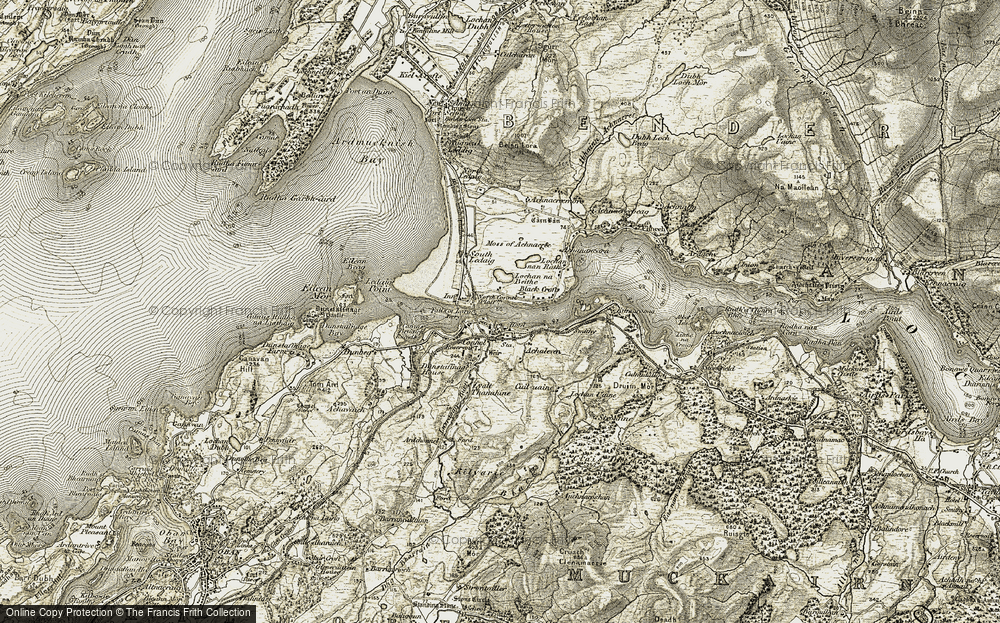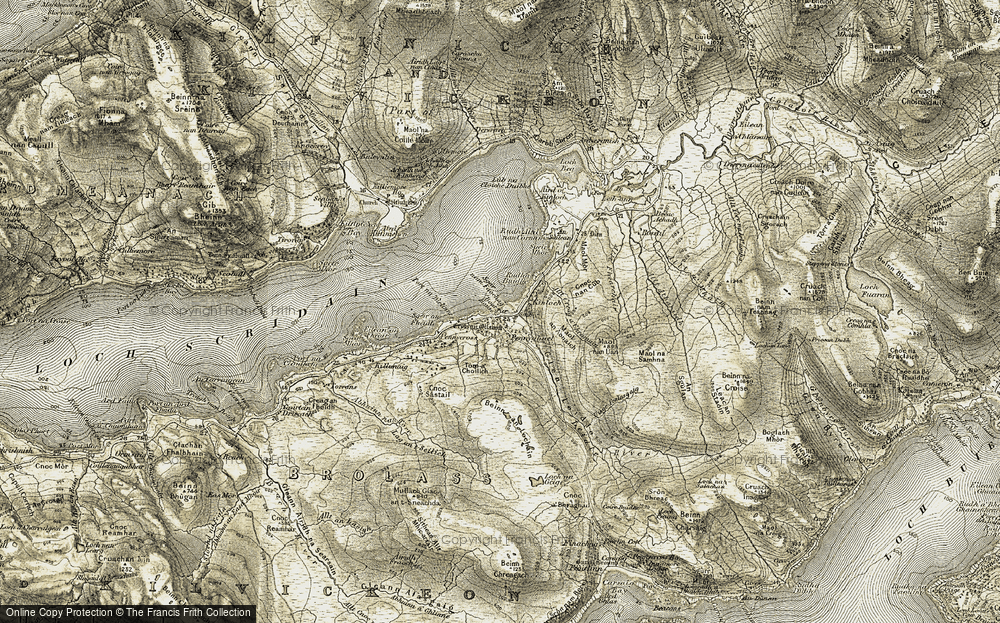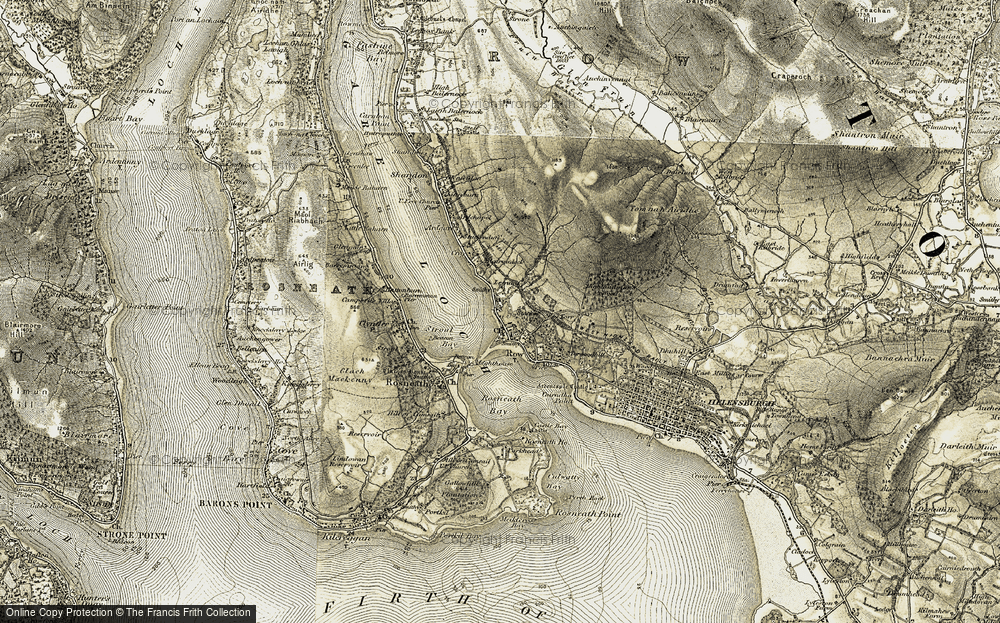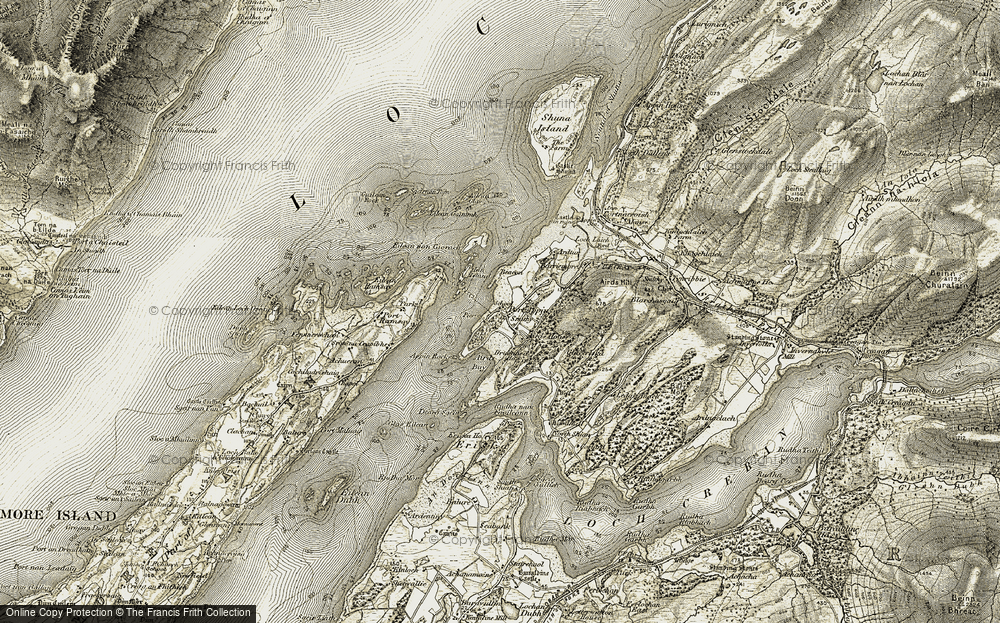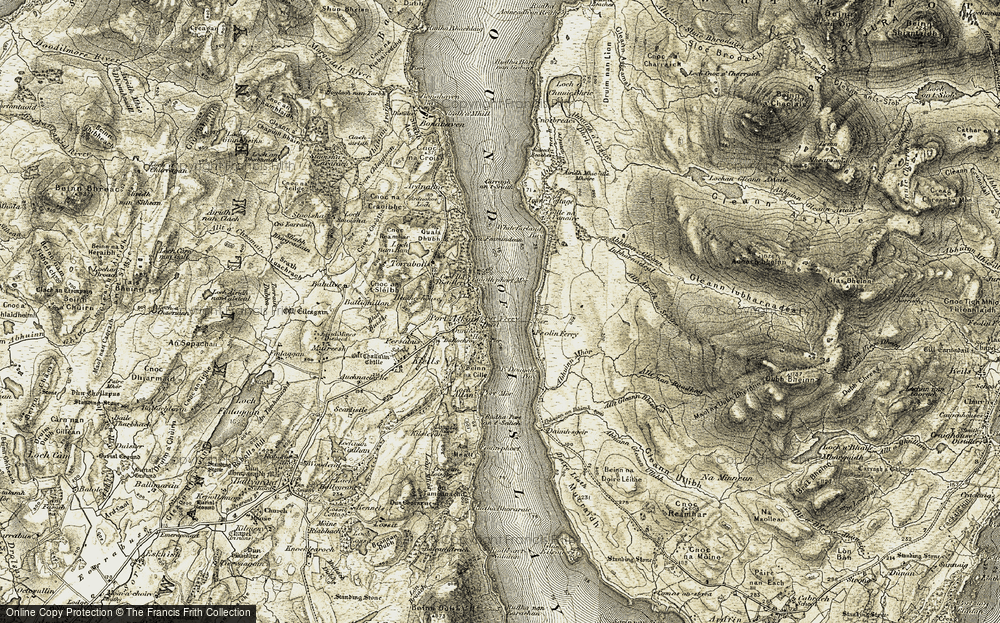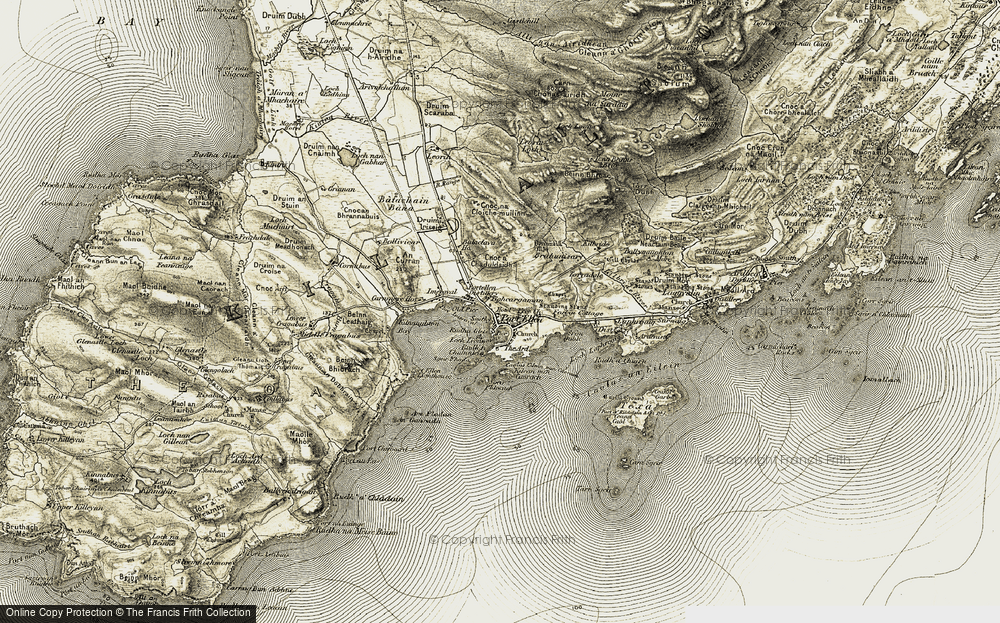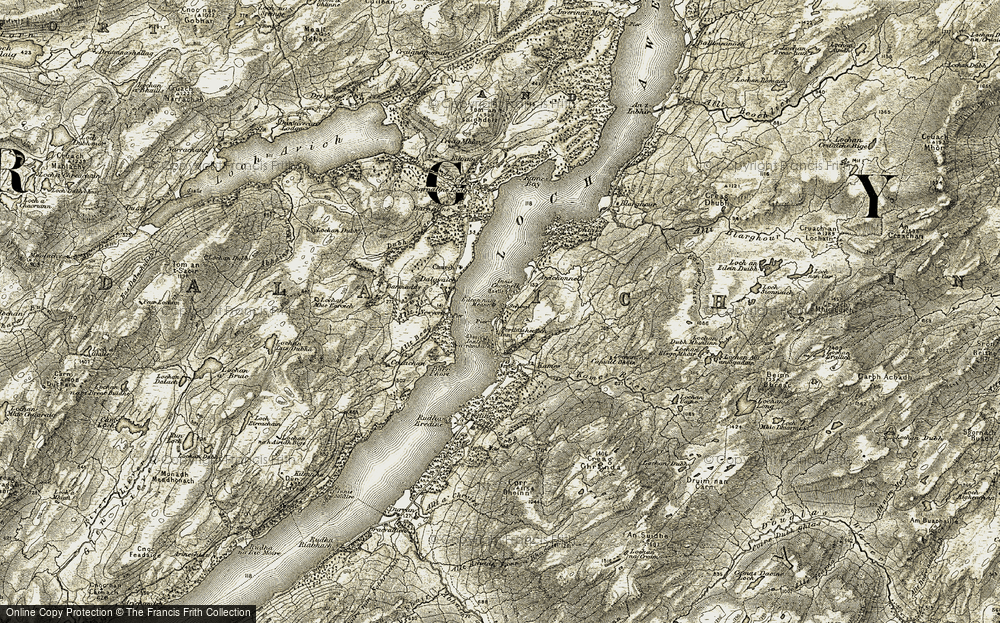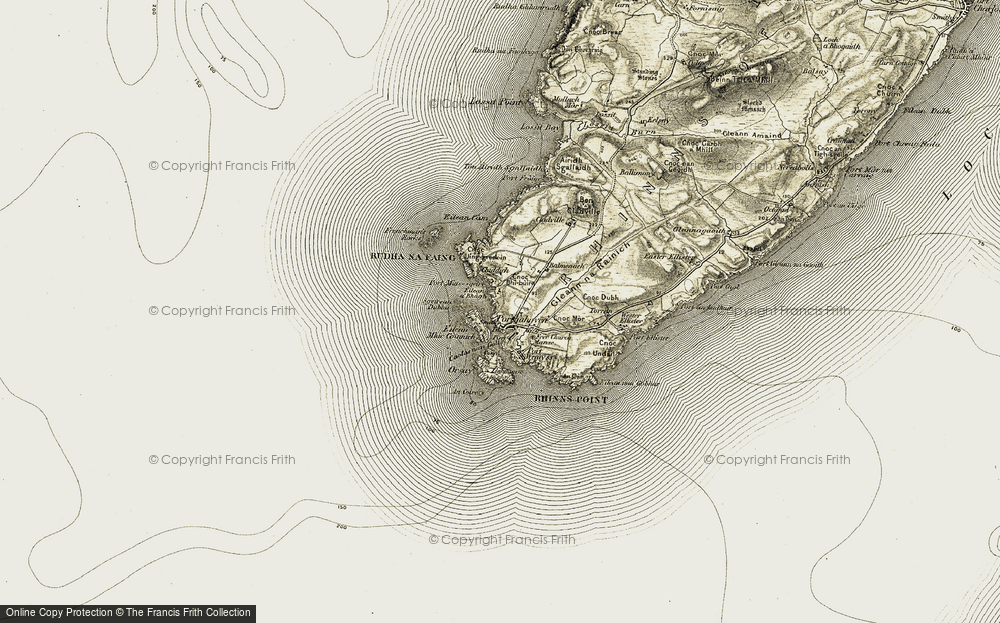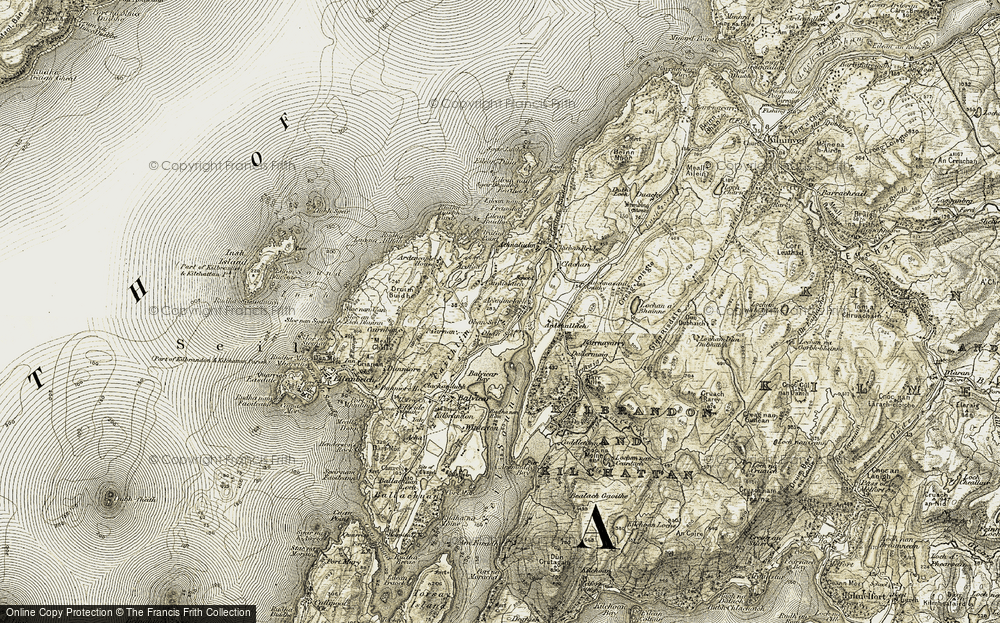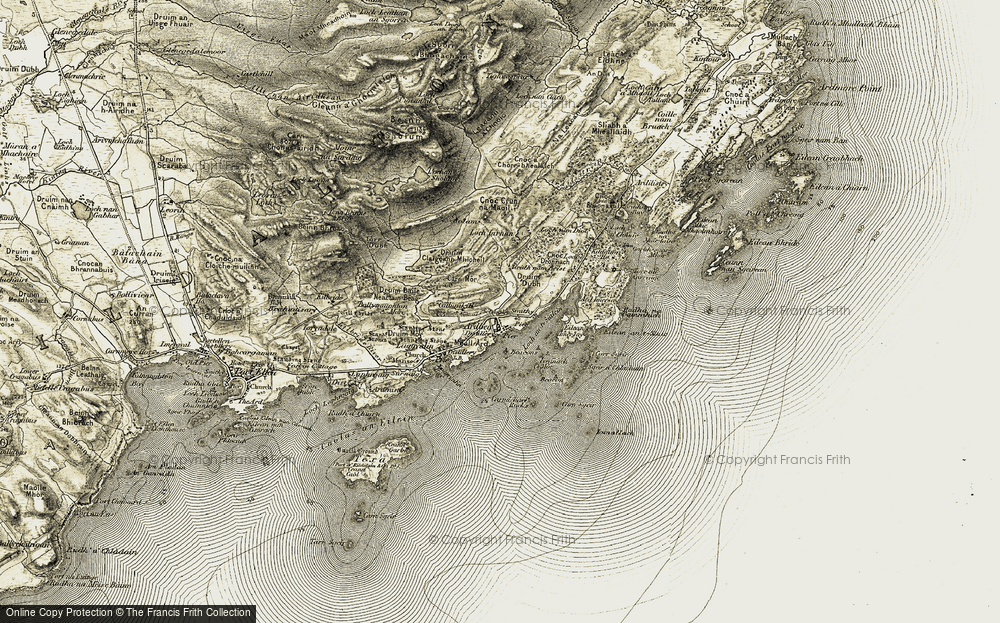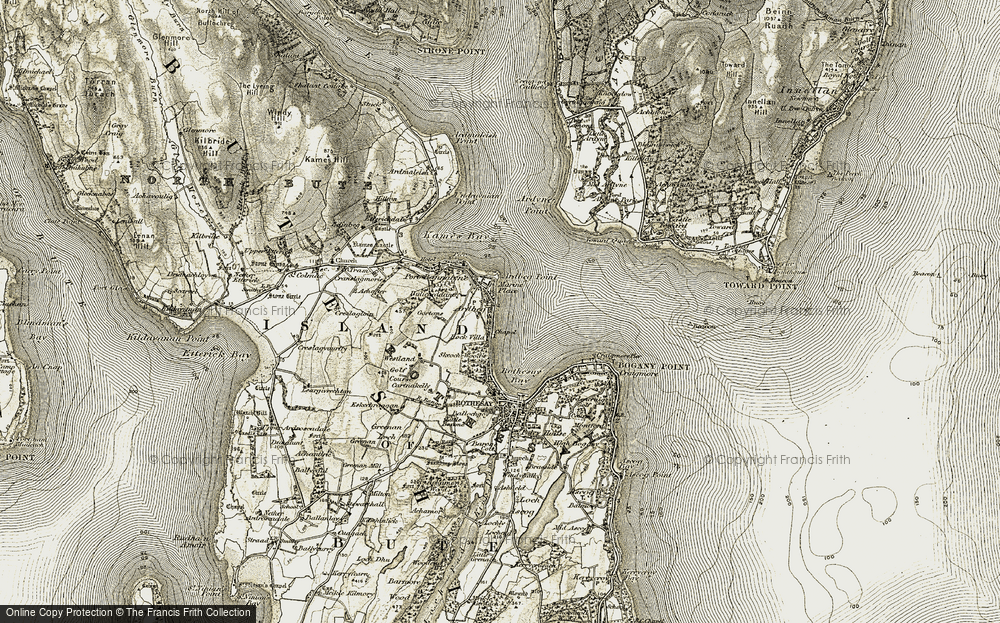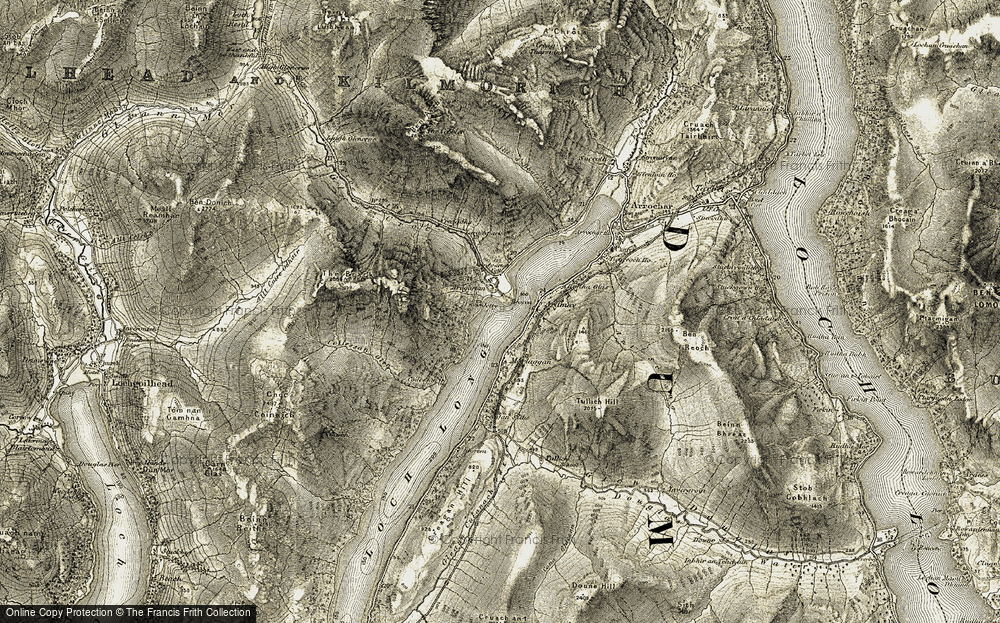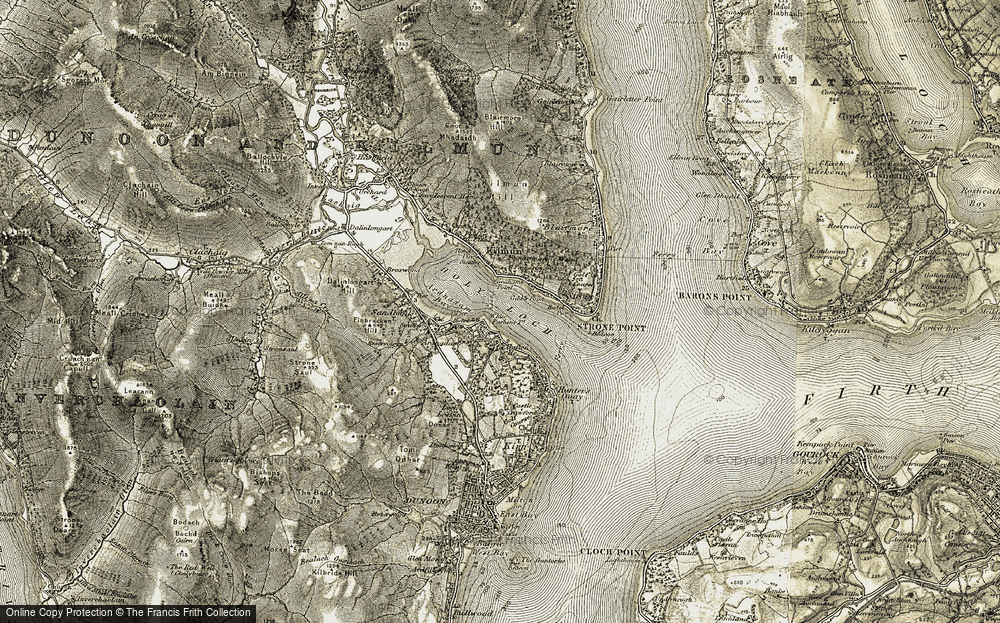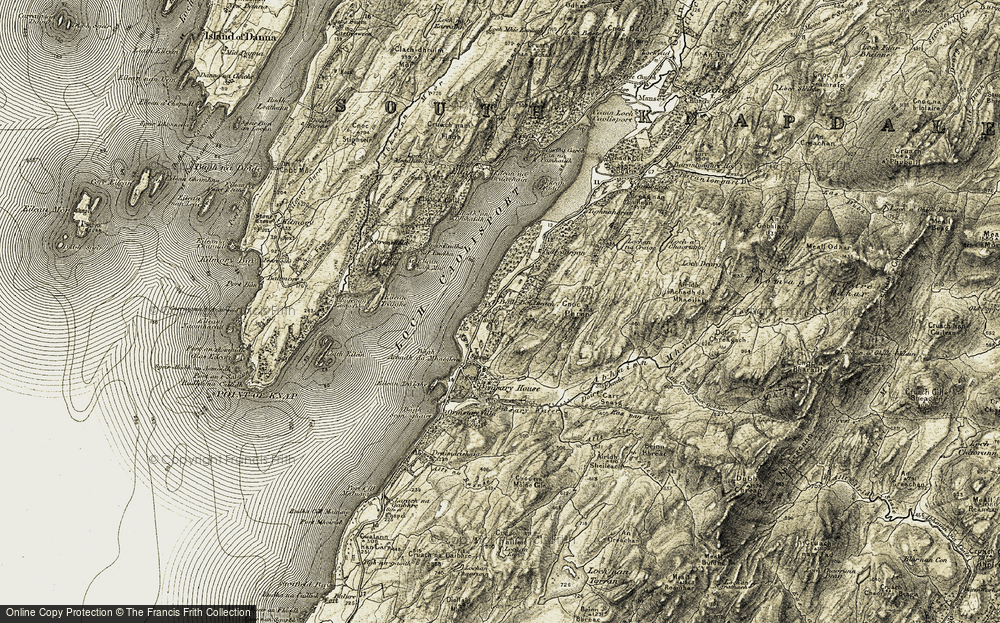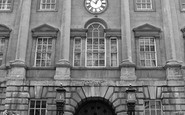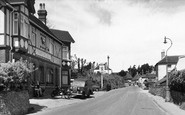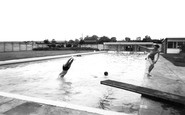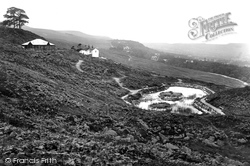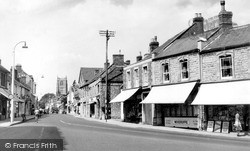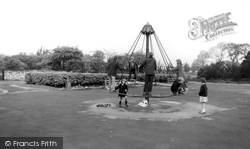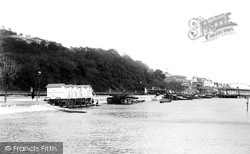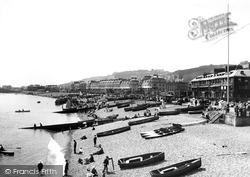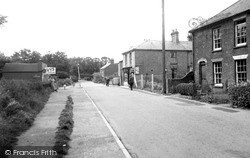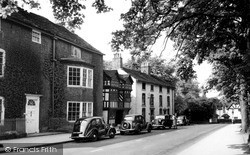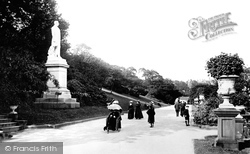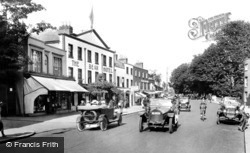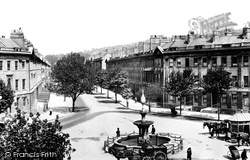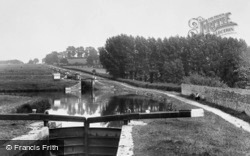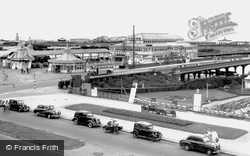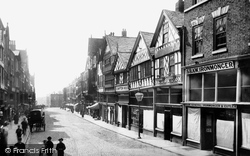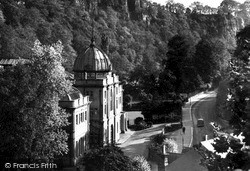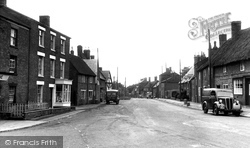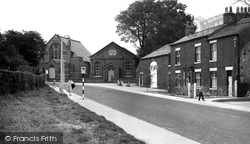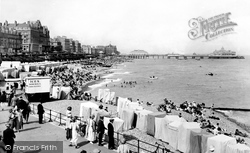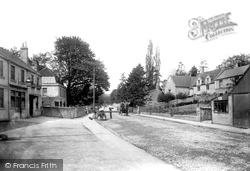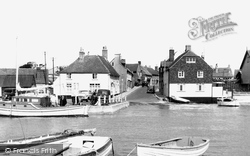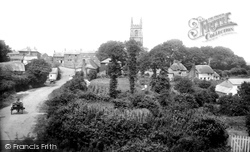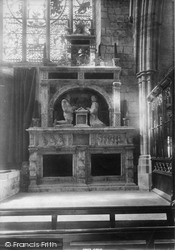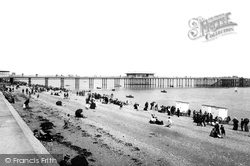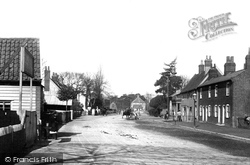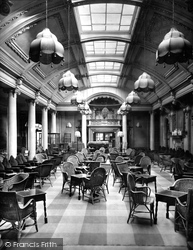Places
Sorry, no places were found that related to your search.
Photos
Sorry, no photos were found that related to your search.
Maps
1,353 maps found.
Books
3 books found. Showing results 625 to 3.
Memories
2,047 memories found. Showing results 261 to 270.
Netherthong Public Houses Part 1
This chapter is a work in progress and as it is more than the 1000 words allowed in this memory, I have split it into 2 sections. The current title is : Public House, inn, alehouse, tavern, pothouse, beer ...Read more
A memory of Netherthong by
Corn Exchange
Before the railways (railroads) came, there was no particular reason why people in Bristol, England should keep the same time as people in London. At that time there was no practical way of communicating information about time ...Read more
A memory of Bristol by
Snowman
It was either 1990 or 1991. The snow was deep and it was not worth the risk of travelling to college. Or was I skiving? So I spent the day building a snowman with some friends up on the grass over looking the Social Club. The next day we ...Read more
A memory of Cranwell by
Savouries
My name is Christine Galloway (nee Blenkinsopp). The stall in the indoor market still sells hot sausage and onion in a bread bun (savouries bun), the family who owned it in the 1960s only left the business about fourteen years ago ...Read more
A memory of Darlington by
A Sharp Reminder Of My Schooldays
Saturday, 20 February 2010 A sharp reminder of my schooldays. I attended Bradley Street, Church of England Primary and Junior school, Uttoxeter. Some teachers, remain in your memory, others disappear. I ...Read more
A memory of Uttoxeter by
The Village
I left the village in 1960. I attended the local junior and infant school. The teachers I recall were Miss Whitehead, Miss Jenkins, Miss James, Granny Chancellor (she was a lovely lady who taught most of our parents also, those that ...Read more
A memory of Waun Lwyd by
The Parris
My grandmother, whose name was Beth Parris, lived at 29 Wish Hill, the row of cottages just before the Red Lion which is on the left as you look at the photo, with sister Eva and brother Ken The whole family were well known to all. ...Read more
A memory of Willingdon by
First Time
This is the first swimming pool I ever saw and where I learned to swim. I went to the Queen Elizabeth Grammar School and this is where we were taken, once a week, for our swimmimg lessons. I was placed into care when I was 11 years ...Read more
A memory of Horncastle by
Urquharts At Grange Banffshire Scotland
Robert (Bob) and Margaret (Maggie) Urquhart left the Parish of Boharm for the Parish of Grange, about 1916. They possibly had more than one address in the Parish, according to what I have ...Read more
A memory of Grange by
Cornish Splits
2 posters rang bells with me. 1. I too came to Australia, but in the late 70's. My first purchase was a lovely unit up above the bowls course on Clovelly Head, just up from the Clovelly sea baths. All so named because of its likeness ...Read more
A memory of Padstow by
Captions
1,059 captions found. Showing results 625 to 648.
This cottage high up on the moors contained two stone plunge baths, one of which is still on display today. The well spring and the house date from the early 1700s.
On 26 June 1685 the village was the scene of a skirmish between 350 royalist troops and rebel forces of the Duke of Monmouth. Monmouth lost his nerve and turned away from Bristol.
We're not sure what our photographer was doing in Bentley: the children playing on the copper's helmet are all well and good, but the photograph was unlikely to make Frith's fortune.
There are still remnants of Southend's more select era when it became a fashionable seaside resort after 1791: Royal Terrace and the Royal Hotel, for example.
The busy Dover promenade was very popular with visitors; a pier was added to it in 1893 at a cost of £28,000.
This view is from the beach towards the village. The road was developed in the Victorian period, and most of the houses and shops, like those on the right, are of that date.
Said to be the 'wealthiest parochial area' in Britain, Prestbury is now stockbroker country.
Created around 1860 and overlooking the River Ribble, Miller Park is one of several in the town, a welcome contrast to the close-packed housing developments that accompanied Preston's industrial expansion
Again cars dominate the 1921 scene, this being the main A4 London to Bath road until the by-pass was built in the 1960s.
In this view the trees are more mature and obscure the long facades of this eleven hundred foot long road.
Few canal sights in Britain match the splendour of the Caen Hill flight of 29 locks which raises the Kennet and Avon canal 230 feet over a two mile stretch.
The pavilion has lost its minarets, but it is now equipped with both an indoor snack bar and a self-service buffet. We can also see Prince's Park with its colonnade to the right of the casino.
This side of Bridge Street in the 1880s and 90s could quite easily have been renamed Ironmongers Row.
The dome-topped Grand Pavilion, originally called the Kursaal, was built on the site of the stables of the Fishpond Hotel by the local council in the 1880s in an attempt to attract the public.
As we move further west, we can identify the van on the left as a Mackeson Stout delivery van. Just beyond it, the half- timbered house is believed to be the oldest building in Braunston.
Wagonettes and other horse-drawn traffic traversing Freckleton Marsh in the 18th and 19th centuries entered by this road. Straight ahead is the Primitive Methodist Jubilee Chapel built in 1861.
When we contrast this view with the one taken in 1901, the bathing machines have gone, to be replaced by chang- ing tents and the long lines of beach huts.
Upper Weston has all the appearance of a typical Cotswold stone village with its main street winding gently uphill.
During the 18th and 19th centuries Emsworth was an important port along this stretch of coast, and it became successful mainly through corn milling, boat building, fishing and a flourishing oyster industry
Gorran Churchtown, a mile or so inland from Gorran Haven and nearly 300 feet above sea level, has a 15th-century church, the tower of which is an important mark for coastal shipping.
The tree-lined walks by the side of the River Derwent known as the Lovers' Walks have been popular with visitors since the town became a tourist honeypot in the 19th century.
A typical scene on many of the beaches in the area: bathing machines are lined up along the water's edge waiting for customers.
At this time, Felixstowe enjoyed popularity as a seaside resort, but the dream of eccentric local landowner Colonel Tomline to transform the town into a major port had not yet materialised - that was to
This was one of the finest hotels in this country. Indeed, the spacious, well-planned town with its new villas, sea bathing and attractions, caused rich people to settle.
Places (0)
Photos (0)
Memories (2047)
Books (3)
Maps (1353)


